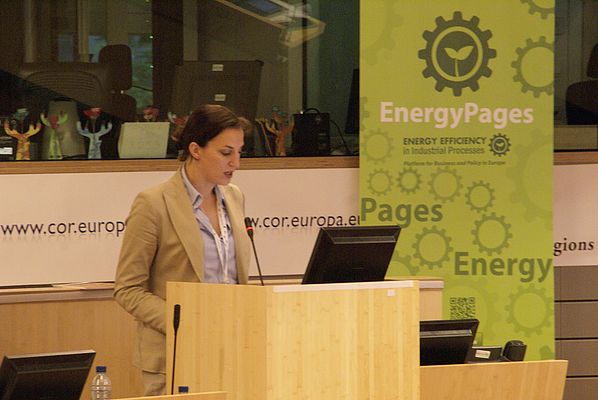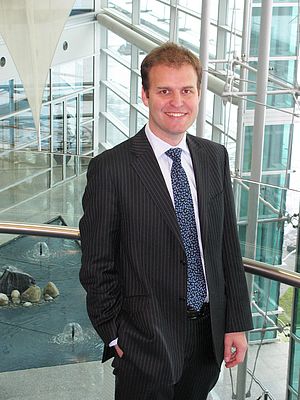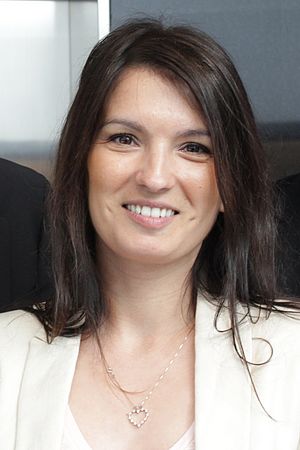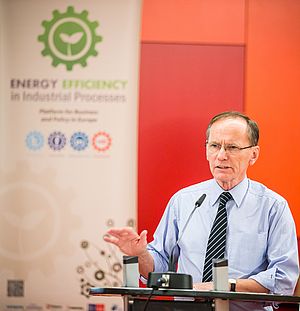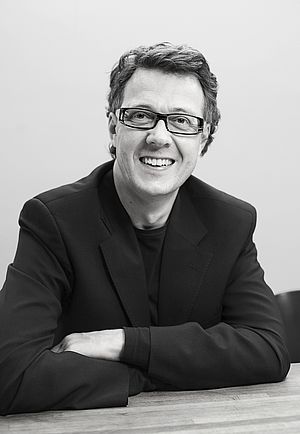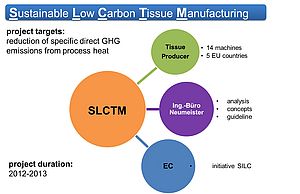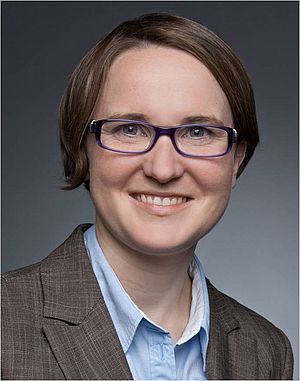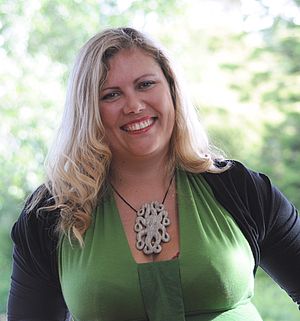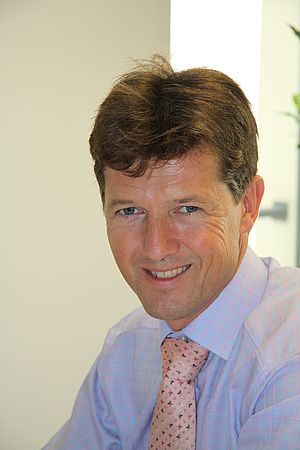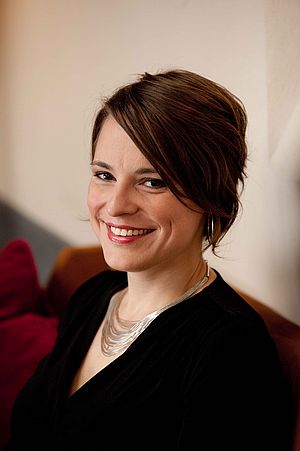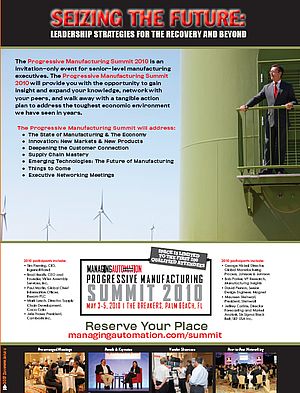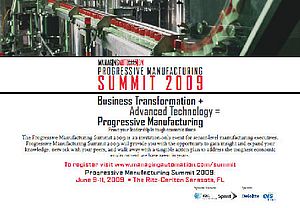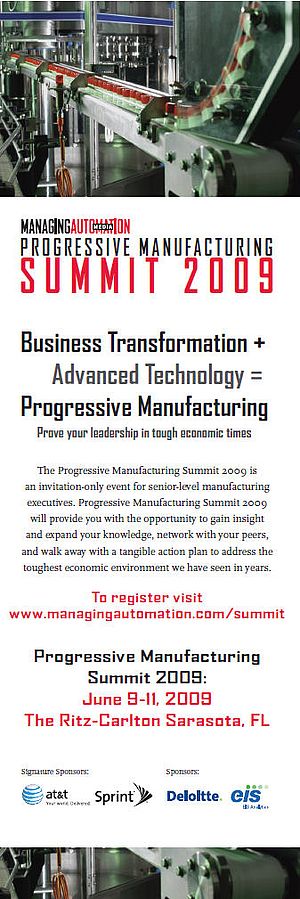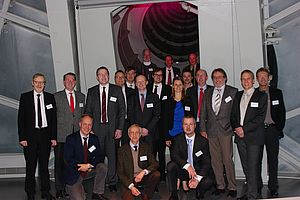Becoming more energy efficient is a smart way to quickly reduce operational costs and reduce your carbon footprint. Financially, it makes also sense as energy cost savings can translate into predictable returns on investments.
The traditional route to financing projects is to seek a bank loan. Yet, innovation is also taking place in the financial industry. One prominent alternative to bank loans is crowdfunding. Thanks to technological and legal advances, people can now invest directly into projects online. Project developers can raise capital from a group of individual investors to finance their energy-efficiency projects. Terms are comparable to a bank loan; i.e. maturity, interest rates, repayment.
Half of all renewable capacity, 34 GW in total, in Germany is already citizen owned. In particular, cooperatives became popular the over the past few years. By end 2012, 16 GW of German renewable capacity is owned by cooperatives and other citizen-owned companies. It shows that many people like direct investments into environmental-friendly infrastructure.
However, direct citizen investments have not been a driving force behind energy-efficiency until now. One reason is that cooperatives are better suited for renewable generation with feed-in tariffs for 20 years. But many energy-efficient investments are very well suited for 3-5 years loans and their profitability is not as reliant on subsidies.
Crowdfunding is a great way to involve your stakeholders financially. Using crowdfunding to finance energy efficiency projects is even smarter as it raise awareness of company’s green activities. Financial returns are paid to stakeholders, customers, employers and local communities resulting in several positive side-effects:
1. Positive image. When people directly benefit financially from investments into new infrastructure, they have a more positive image of the company implementing the project.
2. Awareness. When putting their own money to work for a particular project, people learn about the enormous effect of energy-savings on the environment.
Typical projects considered for crowdfunding in energy-efficiency are:
• changing old light bulbs for more efficient LEDs in buildings and parking
• improving insulation and thermostats
• upgrading heating systems and heat recovery
• thermo-energy storage
There's so much cash deposited in individual saving accounts earning little to no interest at the moment. The opportunity for employees, customers and members of the local community to invest in the efficiency of businesses and get a decent return on their loan is a sound one. It represents the type of win-win scenario that benefits a local economy, boosts the financial health of companies and has a positive impact on the environment.
By Sissy Müller.
First-time entrepreneur Sissy Müller recently founded Green Crowding, a crowd investing website for tangible green projects.
In her last job as an energy trader, she decided to move to the renewable sector and start a meaningful company. She is putting the best of her knowledge, network and skills to work, making it possible for renewable energy projects to find finance from their local communities. Her experience at an economic consultancy and the European Commission helps her along the way. For the past decade, she has lived abroad, currently in the European capital Brussels.
First-time entrepreneur Sissy Müller recently founded Green Crowding, a crowd investing website for tangible green projects.
In her last job as an energy trader, she decided to move to the renewable sector and start a meaningful company. She is putting the best of her knowledge, network and skills to work, making it possible for renewable energy projects to find finance from their local communities. Her experience at an economic consultancy and the European Commission helps her along the way. For the past decade, she has lived abroad, currently in the European capital Brussels.
- See more at: www.thenextwomen.com/about-us/contributors/sissy-m-ller
First-time entrepreneur Sissy Müller recently founded Green Crowding, a crowd investing website for tangible green projects.
In her last job as an energy trader, she decided to move to the renewable sector and start a meaningful company. She is putting the best of her knowledge, network and skills to work, making it possible for renewable energy projects to find finance from their local communities. Her experience at an economic consultancy and the European Commission helps her along the way. For the past decade, she has lived abroad, currently in the European capital Brussels.
- See more at: www.thenextwomen.com/about-us/contributors/sissy-m-ller


